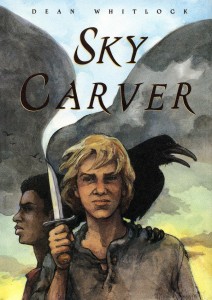Write in Your Own Voice

Do you use “darn” or “dang” instead of “damn”? Or do you avoid swearing at all cost? Do you sprinkle “like” and “you know” into your conversations? How about cool, wicked, bitchin’, or bad? Do you use idiomatic expressions, like “slick as a trout” or “dumb as a box of bricks”? Do you talk in long, rambling sentences or short, snappy phrases – “sentence fragments,” as writing teachers would call them? Those characteristics are all part of a speaker’s voice – the pattern of speech that makes each of us sound a little different from our friends and a lot different from people who grew up in a different region of the country. Your voice and my voice are not the same, even when you ignore pitch and tone. A great deal of our communication, however, doesn’t happen with the spoken word. It’s in writing, and in that mode of Read More […]



